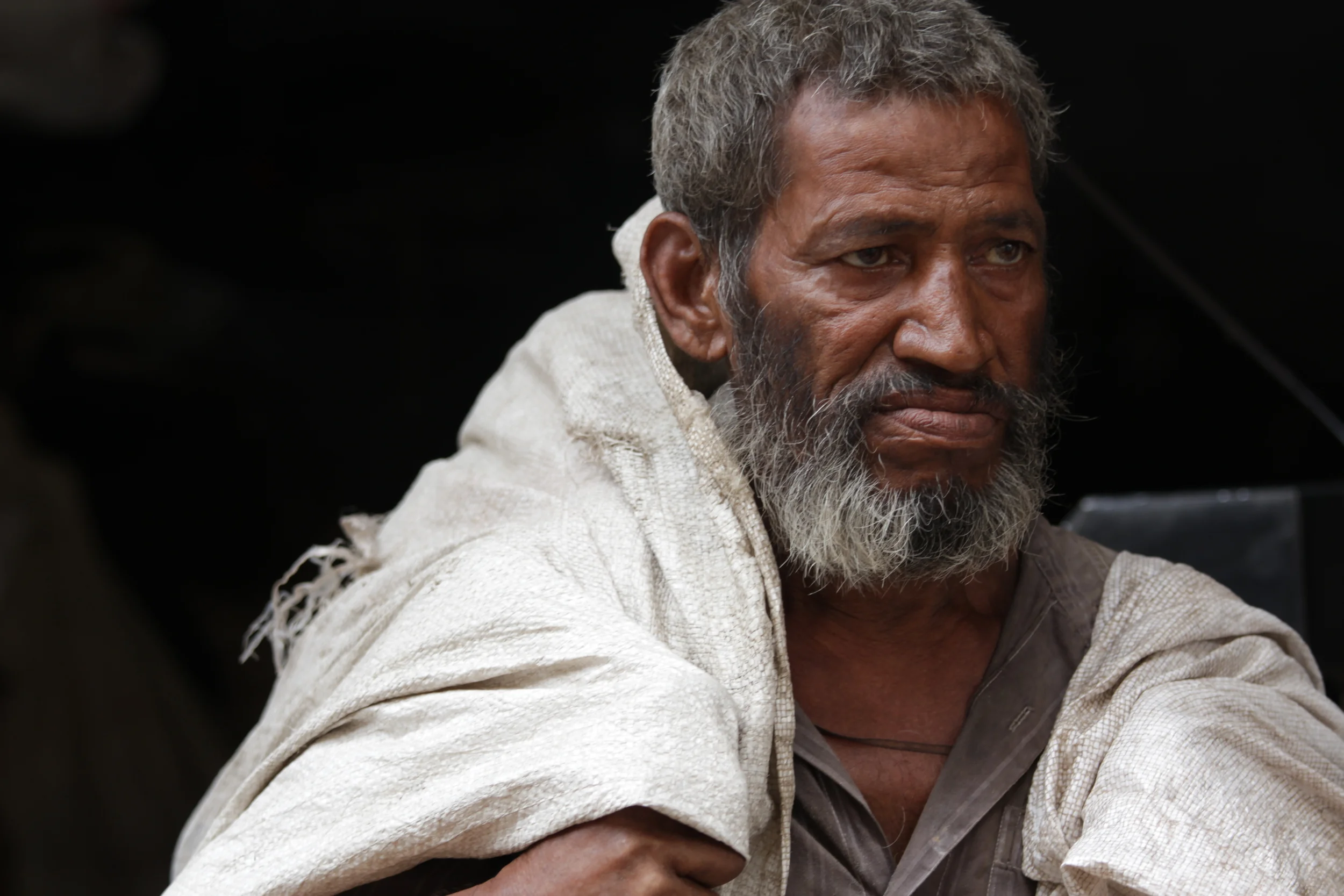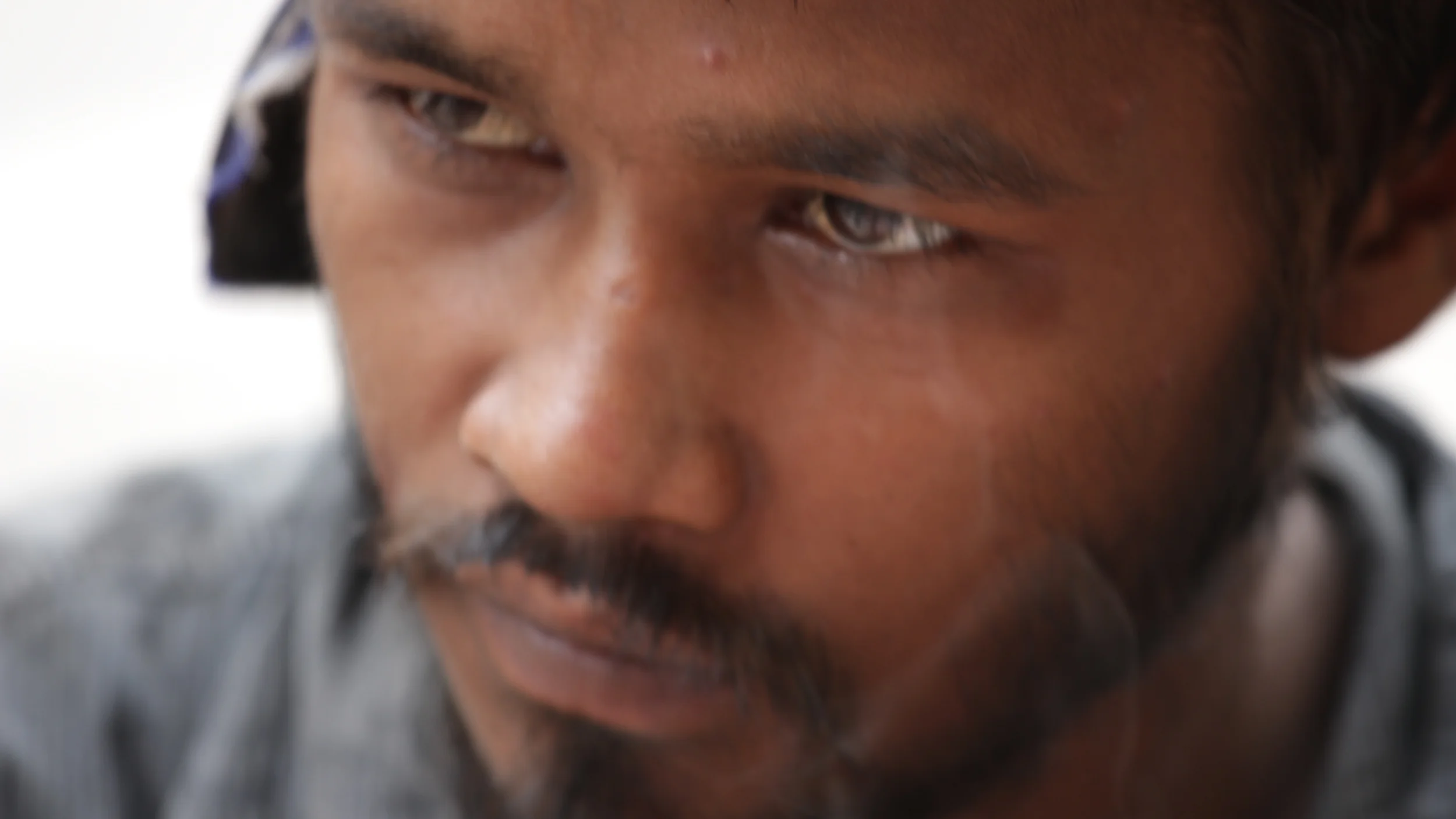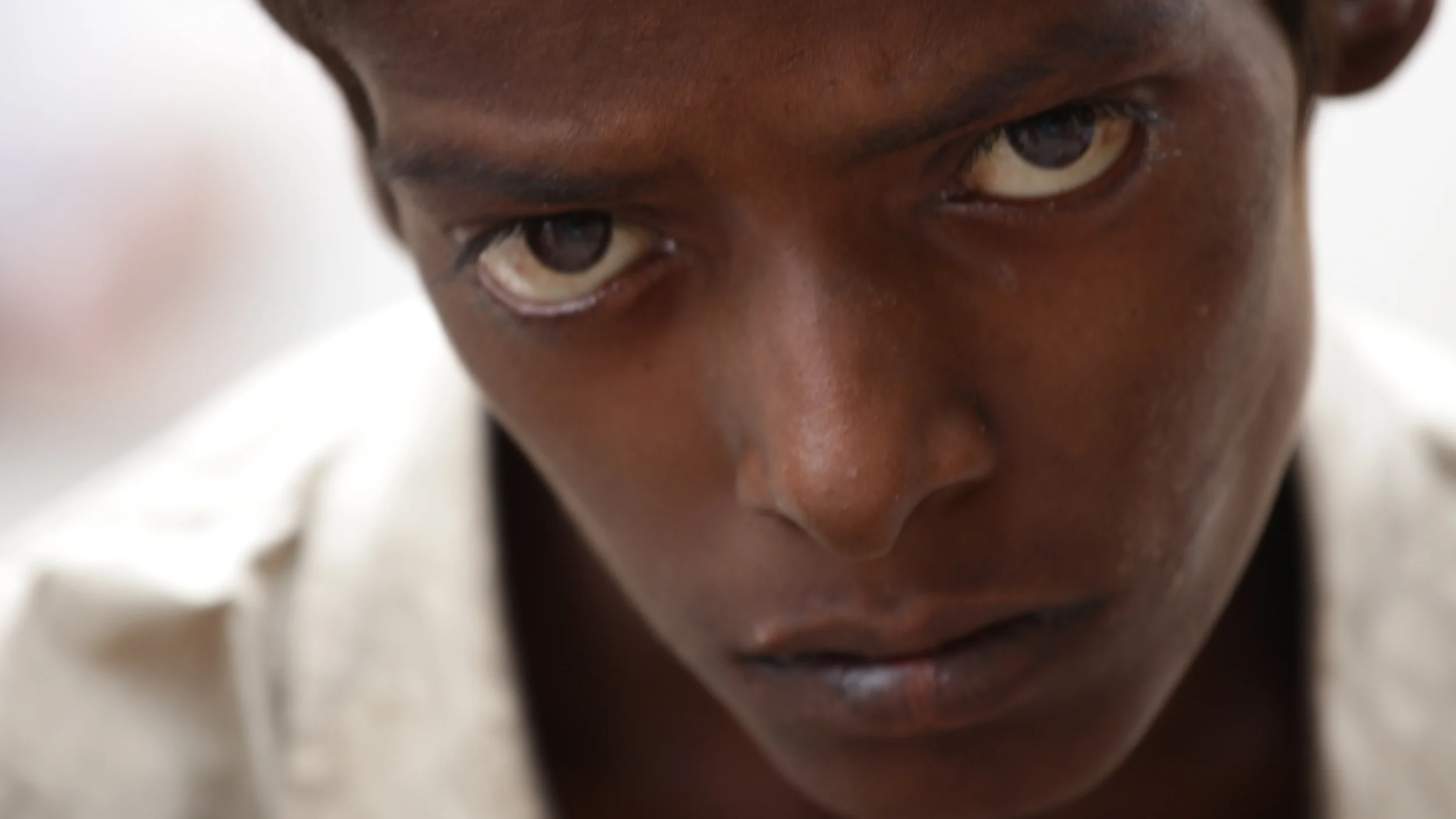The Dignity of Labor: Untold Stories of India's Working Poor
An intimate series of short-form, slice-of-life documentaries featuring the untold stories of India’s working poor, set against the backdrop of the subterranean, off-the-books economy, while giving voice to people seldom heard. From the massive sprawling slums of Mumbai, Delhi and Calcutta, to rural agricultural villages and industrial centers in between, India is a country of radical wealth disparity. Although it is the worlds fourth largest economy, an estimated 70% of the population live on less than $2 per day. Yet, the official poverty line is $1.18 per day for urban centers and 62 cents for rural areas. What does this mean? As a westerner, it's difficult to comprehend a society where $2 a day is significantly above the poverty line. In reality it's not - of course.
In an intimate, personal and strikingly visceral way, this film will go behind the numbers in a country that faces enormous infrastructure challenges; inadequate roads, sanitation, potable water, access to education and health care. Through these personal stories, we'll be immersed in the full spectrum of struggle, innovation and adaptive skills that are the fabric of life from urban slums to rural villages.
The following stories are excerpted from credited media and represent the range of occupational subject matter..
Meet the men, women and children building the new India:
Chakubhai Khabhu, old and lean, smoking a thin, hand-rolled cigarette, stands on top of a pile of bricks his children have made with their hands. His daughter, Vanita, 20, tosses bricks to her brothers, two by two, in a seamless human chain. One of his sons' wives takes a break to breast-feed her 2-year-old near a pile of black clay.
For every thousand bricks, they earn a bit less than $5.50. The family, with five adult laborers, pockets on average a little more than $2 a day. Because it is piecework - workers are paid by the number of bricks they make - brick making attracts entire families. An extra pair of hands always helps, even if they belong to a child. At the brickyard in which the Khabhus work, the children's specialty is a task best suited for small, nimble hands. It is called "finishing," and it involves squatting by the raw bricks and dusting off extra lumps of clay with a straightedge.
At this brickyard, school is a patch of ground in the shade of a tree, with a chalkboard and children sitting in two neat rows. Classes are held for three hours each morning. The children are back at work later.*
----------------------------------
Dhobi Ghat, the world’s largest outdoor laundry spreads below where hundreds of concrete wash basins are formed into the ground and are filled with murky water. At most of them men are beating clothes against a stone or rubbing them with soap. In between and along the wash pools, thousands of pieces of clothing and laundry hang from lines, stretching easily for a quarter of a mile. More cover the roofs of the buildings. Workers stand at tables ironing sarees and jeans with old-fashioned coal irons, while others fold them. More than half a million items of clothing are washed here every day. In Hindi a “dhobi” is a traditional laundry man – and in Dhobi Ghat more than two hundred dhobis work, some of them third or fourth generation.**
-----------------------------------
She led the way down another lane, through a door and then up a steep fold down ladder. A rope hangs down from the ceiling rafters to help the ascent into a tiny clothing workroom. Men are working at sewing machines, making shirts in assembly-line fashion. One does the cutting, another sews the sleeves, a third the collar, and on down the line to the finished product. The man in charge holds up a beautiful completed shirt, which will sell wholesale to a retail store buyer for fifteen rupees, about thirty-five cents.***
* New York Times, Sunday, “Brick Making Sustains Peasant Families,” by Somini Sengupta, June 3rd,, 2007
** Dogs Eye View Media, “The Weight of Silence: Invisible Children of India,” by Shelley Seale
*** The Guardian, “Waist Not, Want Not…” by Dan McDougall, March 4th 2009
Fractured Atlas
"The Dignity of Labor" qualifies for non-profit 501(c)(3) status through the umbrella of Fractured Atlas, a New York City based arts organization.



